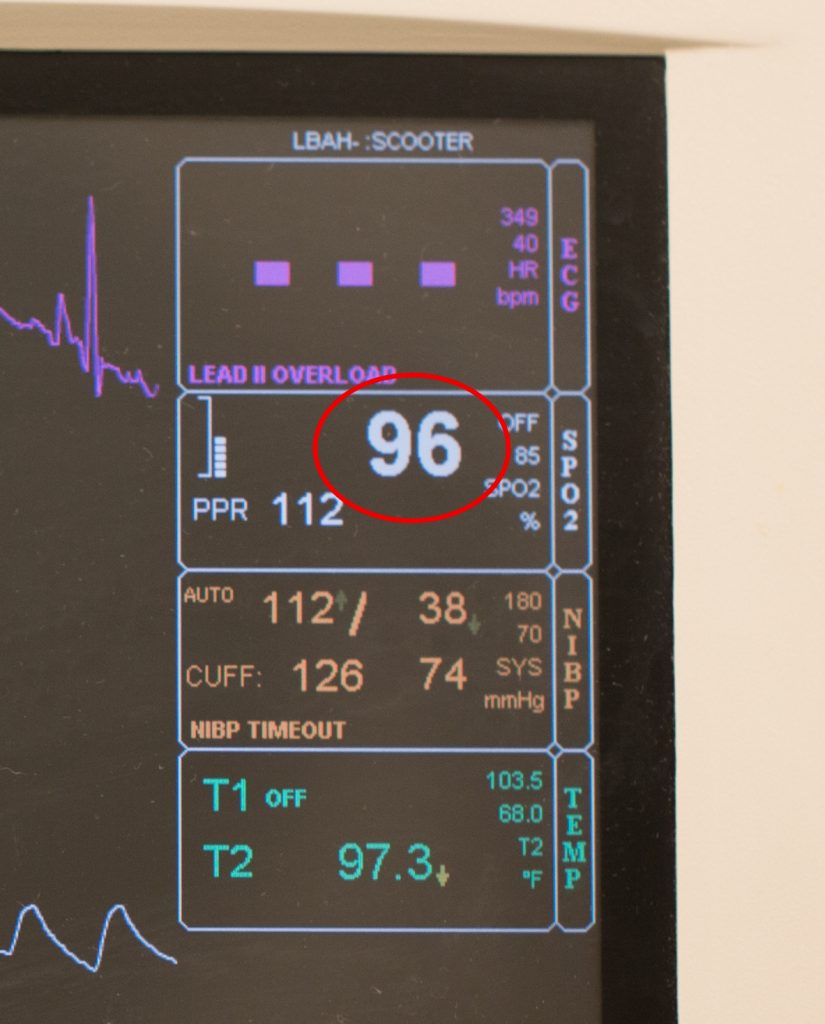Photos courtesy of Long Beach Animal Hospital.
Dr. Palazzolo’s last two articles about heartworm in dogs included an overview of the disease and its prevalence across the country. This week, he’ll tell you what to watch out for.
Heartworm disease can be tricky at first because there are usually no symptoms early in the course of the condition. As time goes on, symptoms will appear, depending on how many heartworm parasites are present in the heart and lungs.
Symptoms can include the following:
- A cough that lingers over several weeks or months is one symptom. This cough may occur either spontaneously or after activity.
- Fatigue is common. This is noted by your dog not getting as excited as usual when it is time for a walk. Working dogs, such as helper dogs and K9 officers, may be reluctant to work.
- There may be a loss of stamina while doing something active. Your dog may not want to play as long or as hard, or want to walk as far on its daily walk.
- Shortness of breath can occur after exercise. Your dog will appear winded and will take a while to return to a normal respiratory rate, which tends to be 30 to 40 breaths per minute for the normal dog.

Breathing problems caused by heartworms affecting the heart and lungs are serious. LBAH carefully measures the oxygen saturation of the red blood cells of any dog exhibiting a breathing problem. This one at 96 percent is normal.
- It is a good idea to always monitor your dog’s respiratory rate while he or she is at rest. Count how many breaths the dog takes in 30 seconds, and multiple by that by two for the respiratory rate per minute. An inhalation and an exhalation constitute one breath.
- Your dog’s appetite may decrease. Measure the amount of food given daily, and communicate with others that are also feeding your dog so that they stay consistent within feeding limits.
- Weight loss may occur if the appetite decreases. This can be hard to detect on longhair dogs, so run your hands over your dog’s ribs at least weekly to check for this. For a more accurate estimate on the dog’s weight, weigh him or her weekly.

You should weigh your pet at least weekly, especially in the smaller breeds of dog with longhair coats, which can hide weight loss from you. A baby scale works fine.
- A distended abdomen and swollen limbs can result from the progression of the disease. This is related to problems with the heart’s ability to pump blood.
- As the disease progresses, heart failure may develop, with the possibility of sudden death from blockage of the blood flow within the heart.
If your dog exhibits one or more of these signs, please take him or her to the vet to confirm or rule out a heartworm diagnosis.

